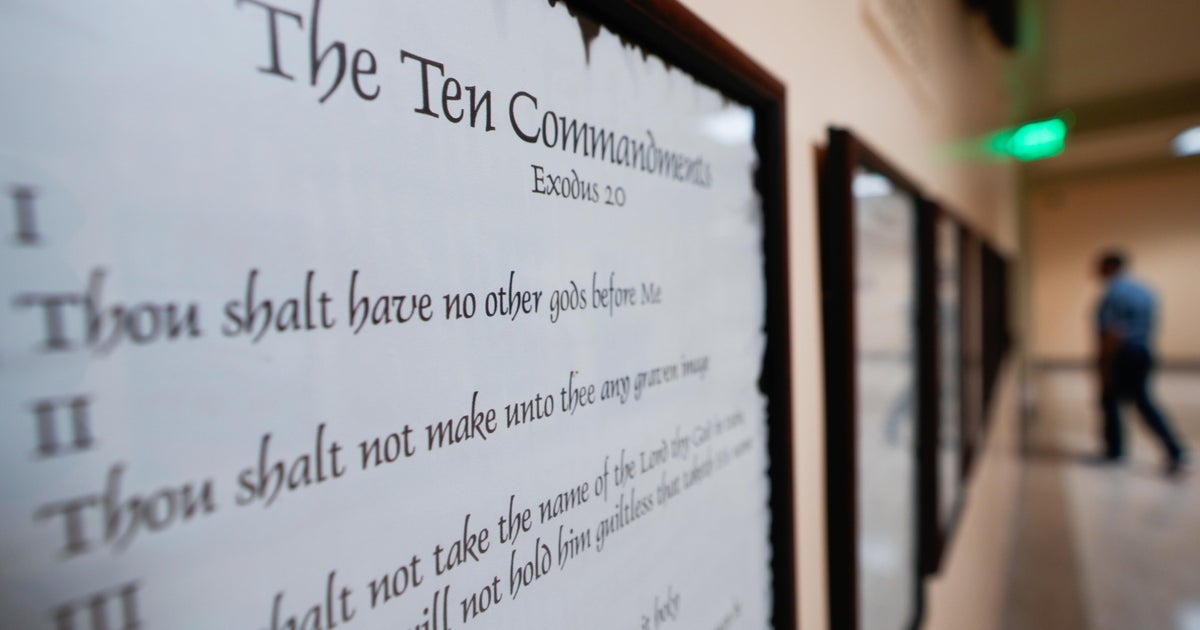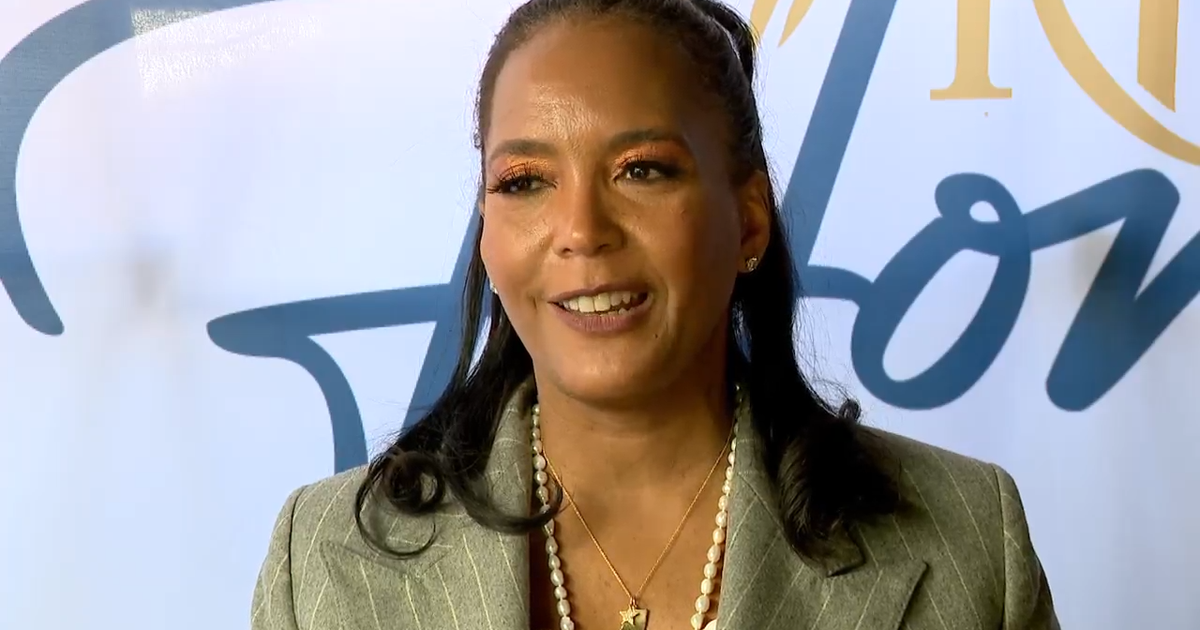What Went In To Division Names? Delany Explains
When the Big Ten announced they were adding Nebraska, the response was almost all positive. And when the Big Ten announced the names for the new divisions, the response was almost all negative.
There were some who wanted the division names based on geography or named after former Big Ten greats. But it's clear that Big Ten commissioner Jim Delany was walking a fine line between recognizing history and alienating members of the conference.
"In terms of naming the divisions," Delany said on the Mully and Hanley Show. "We have 220 College Football Hall of Famers. We have 18 Heisman Trophy candidates. Then we have the geography: the prairies, the lakes, the cities. We didn't really feel that we could go with Schembechler and Hayes, on the divisions, without getting into a political thicket with other schools."
LISTEN: Big Ten Commissioner, Jim Delany On The Mully And Hanley Show
Podcast
But Delany and the conference didn't turn their backs to conference's tradition either. They established 18 post-season awards that will bear the names of some of the conference's greatest players and coaches.
Delany felt that the division names were too important to get caught up in political posturing and meaningless geographical names.
"We decided to use our names and our legends through the trophy presentation process," Delany said. "And the geography was out of the question because it was the third consideration in putting together as equal divisional setups as we could."
It appears that the division names weren't the product of a PR or advertising firm trying to be different and stand out. But instead, the division names were chosen to cause the least amount of backlash or controversy.
"We were left with the generic," Delany said. "So in looking at the generic, whether you're looking at traditions or legends or future leaders, we were a little contained, but we feel like they're platforms for telling a story about the many legends who populated sidelines and fields over time. And that our mission is building character and leadership through intercollegiate athletics."
If the division names were chosen to avoid a negative response, then it doesn't appear to have worked in the short term. But the names may result in less long term negativity, which would be much more beneficial to all involved opposed to the alternative.







